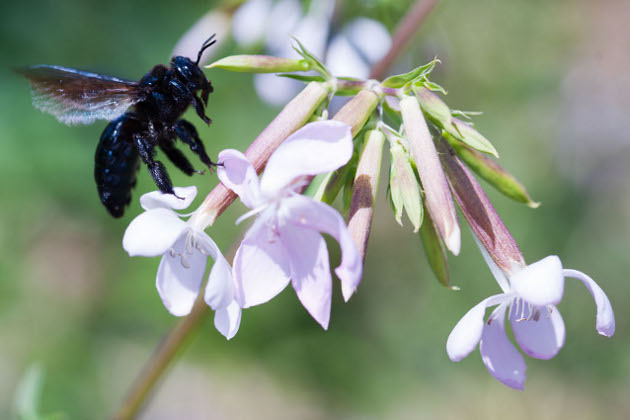


 Our Pollinators are in trouble, which means the world is in trouble. This book provides 10 easy ways you can help: http://www.amazon.com/Bless-Bees-Extinction-Pollinators-ebook/dp/B00EYOG02A . 50% of the royalties of this book will be donated to Bee Bay, a non-profit organization dedicated to the preservation of bees and the environment.
Our Pollinators are in trouble, which means the world is in trouble. This book provides 10 easy ways you can help: http://www.amazon.com/Bless-Bees-Extinction-Pollinators-ebook/dp/B00EYOG02A . 50% of the royalties of this book will be donated to Bee Bay, a non-profit organization dedicated to the preservation of bees and the environment. 
